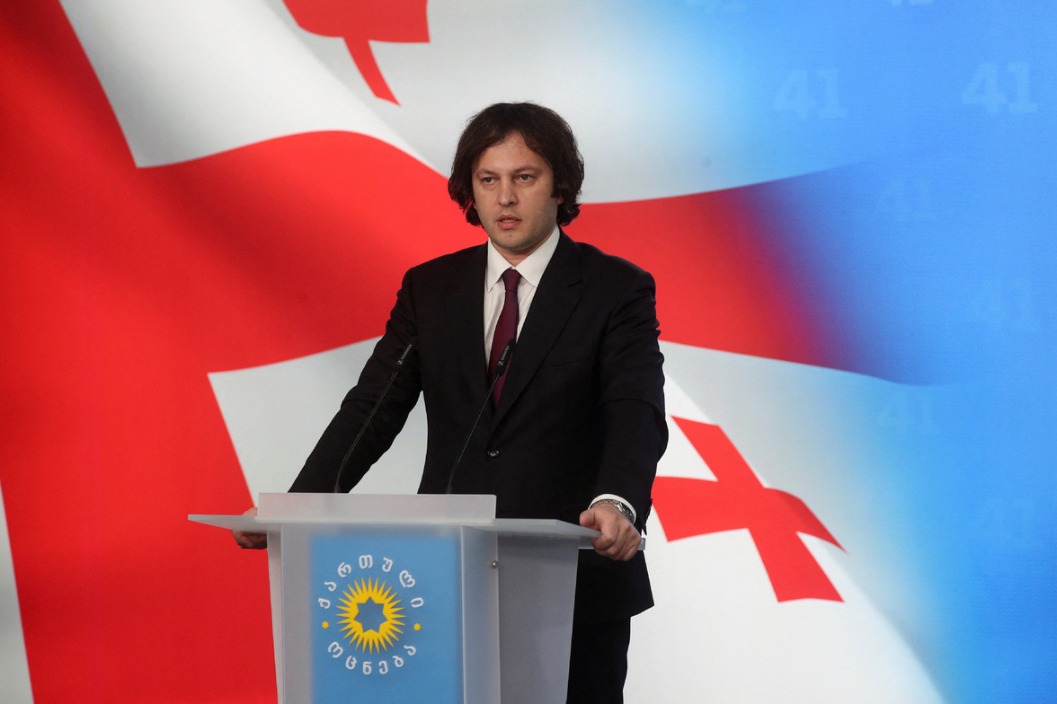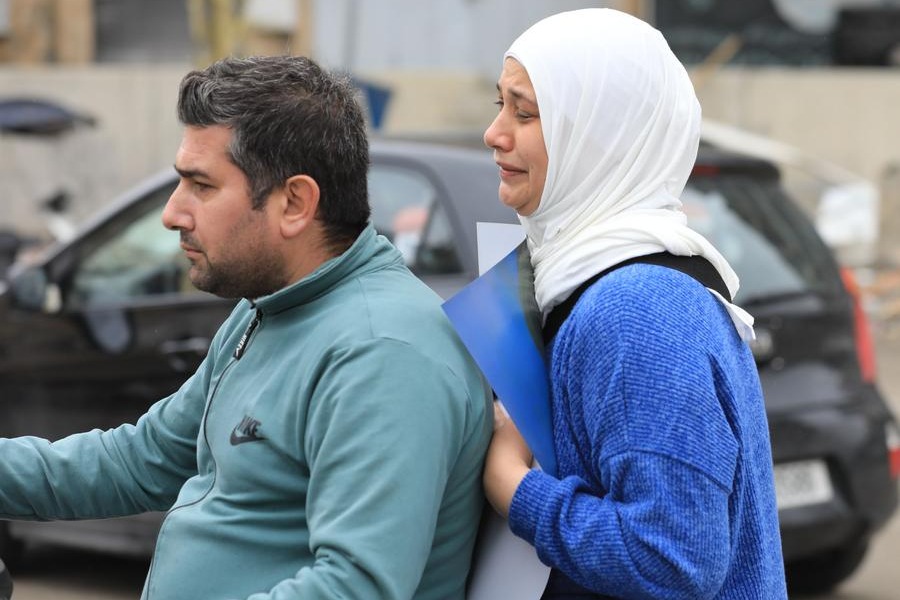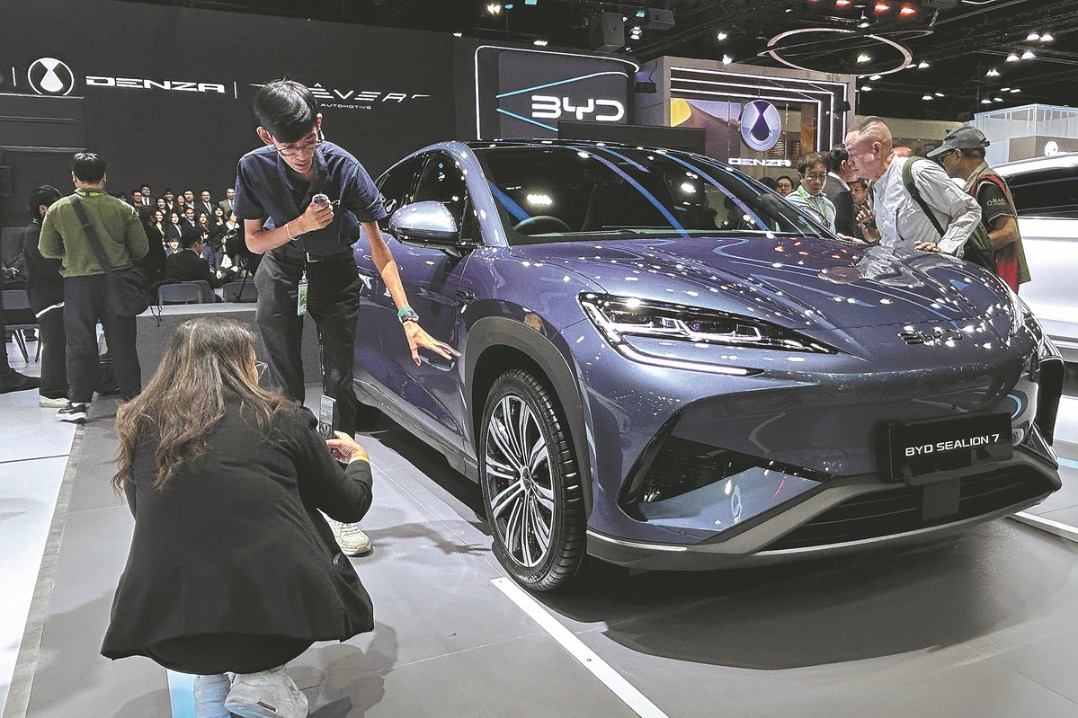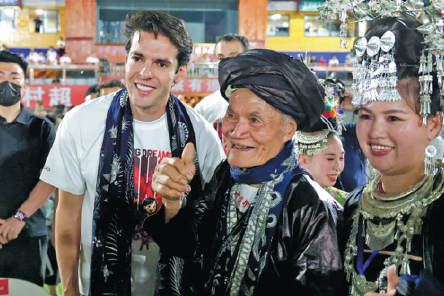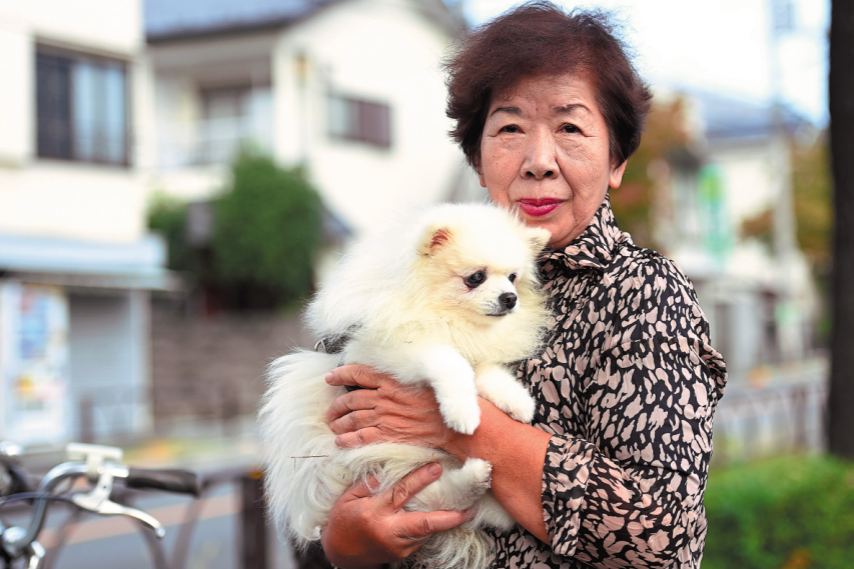Indonesia's foreign policy to focus on necessary alignments

Indonesia needs to maintain its "free and active" foreign policy as the strengthening of global economic and diplomatic relations can spur development of the Southeast Asia's biggest economy, a forum in Jakarta heard on Nov 30.
Indonesia, under President Prabowo Subianto, will remain non-aligned but will "create more alignments in the economic sense to create prosperity for our people," Foreign Minister Sugiono said in his keynote speech at the forum.
Over 3,000 people, including diplomats, government officials and corporate executives, attended the forum. The Foreign Policy Community of Indonesia (FPCI) organized the one-day event where participants discussed the theme "Can Middle Powers Calm the Storm and Fix the World?"
The forum was held following Prabowo's maiden overseas tour, which he started soon after his Oct 20 inauguration. His first stop was Beijing. Prabowo then flew to Washington DC for an official visit, proceeded to Brazil and Peru to attend the G20 Summit and APEC Summit, respectively, and held official meetings with president of the two Latin American countries.
From Peru, Prabowo went to the United Kingdom and the United Arab Emirates before returning to Jakarta in Nov 24.
Dino Patti Djalal, founder of FPCI and former Indonesian foreign minister, said Indonesia and many other countries forged "dynamic alignments" to support their domestic economic growth.
"You need alignments … You need to have alignments for ASEAN," Djalal said, referring to the Association of Southeast Asian Nations, a regional bloc that counts Indonesia among its founding members.
Dewi Fortuna Anwar, professor at the Research Center for Politics, National Research and Innovation Agency in Jakarta, said Indonesia should strengthen its role in the region. She said there is a "crisis" within the regional bloc due to its diverse members, making it difficult for them to find a common point.
M. Syafi'i Anwar, dean of the faculty of social and political science and education at President University West Java, said China, and not the United States, is economically more important for Indonesia. He said this is why China is the first country that Prabowo visited after his inauguration.
"Realistically and pragmatically, military and economy are the main foundations for a state," Anwar told China Daily at the sidelines of the forum. He said it is understandable that Prabowo looks up to China as a world economic superpower.
Gordon Flake, CEO of Perth USAsia Center, a think tank based at the University of Western Australia, said Indonesia signed a maritime deal with China during Prabowo's November visit to Beijing as the Indonesian leader believes in finding possibilities of a partnership because partnership is better than conflicts.
Indonesia is pursuing membership in several international groups in line with Prabowo's thrust to expand alliances. Indonesia is keen to join BRICS and has been accepted as an accession state at the Organization for Economic Cooperation and Development.
Leonardus Jegho is a freelance journalist for China Daily. Prime Sarmiento in Hong Kong contributed to this story.

















